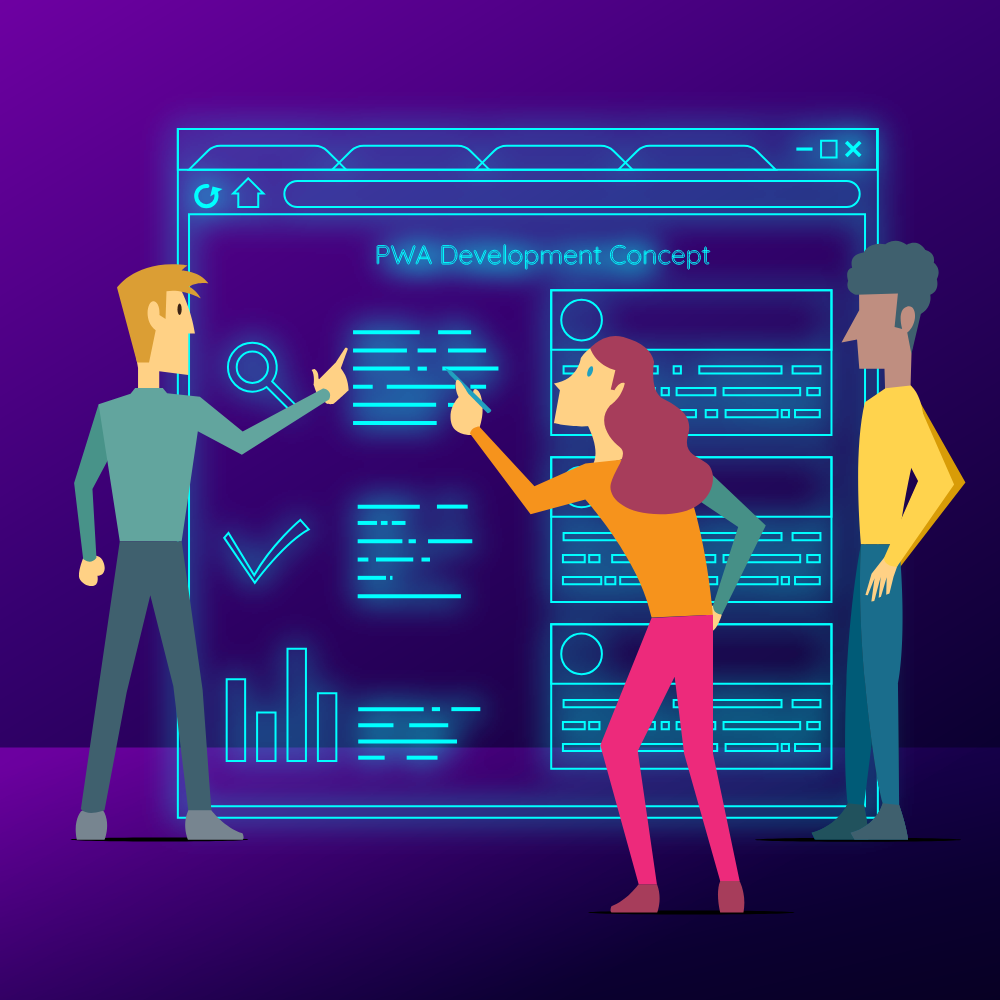Android App Development
Embarking on the journey of Android app development opens a world of possibilities, where innovative ideas transform into tangible, user-friendly experiences. In this deep dive into the realm of Android app development, we’ll explore the tools, principles, and best practices that empower developers to create impactful applications for the diverse and dynamic Android ecosystem.
The Java/Kotlin Duet: Languages of Innovation
Android app development is fueled by the powerful combination of Java and Kotlin, two versatile programming languages. While Java has been a staple, Kotlin emerges as a modern and concise alternative, offering enhanced readability and flexibility. The choice between the two languages depends on the project’s requirements, with both providing a solid foundation for building robust Android applications.
Android Studio: The Developer’s Playground
Android Studio stands as the official Integrated Development Environment (IDE) for Android app development. Packed with features like code editing, debugging, and testing tools, Android Studio streamlines the development process. Its intuitive interface and seamless integration with the Android SDK make it the go-to platform for developers looking to create exceptional Android applications.
Material Design: Aesthetic Excellence
Google’s Material Design guidelines define the visual language for Android apps, emphasizing clean, intuitive, and visually appealing interfaces. Material Design principles guide developers in creating cohesive and delightful user experiences, ensuring that Android apps are not just functional but also visually engaging across a wide range of devices.
Responsive UI: Adapting to Devices
Android’s diverse ecosystem spans smartphones, tablets, wearables, and more. Responsive User Interface (UI) design is essential to ensure that the app adapts seamlessly to various screen sizes and resolutions. Developers leverage layout managers, flexible XML layouts, and responsive design principles to create UIs that provide a consistent experience across the spectrum of Android devices.
Intuitive Navigation: Enhancing User Journeys
Effective navigation is a cornerstone of a successful Android app. Android’s navigation components provide a standardized and user-friendly approach to building navigation systems, ensuring that users can effortlessly explore the app’s features. Developers strategically implement navigation patterns to create intuitive and streamlined user journeys.
Testing: Ensuring Quality Assurance
Quality assurance is paramount in Android app development. Robust testing practices, including unit testing and UI testing, are integrated into the development workflow. Tools like JUnit and Espresso help developers identify and address issues, ensuring that the app meets high standards of functionality, stability, and user experience.
Google Play Store Submission: The Final Milestone
Submitting an app to the Google Play Store requires adherence to Google’s guidelines and policies. Developers must ensure that the app is feature-complete, visually appealing, and complies with privacy and security standards. Successfully navigating the submission process is crucial for making the app accessible to the vast Android user base.
Accessibility: Inclusive Design
Creating Android apps that are accessible to users with diverse abilities is a fundamental principle. Android’s accessibility features and guidelines empower developers to design interfaces that accommodate users with varying needs. Inclusive design ensures that Android apps are usable and enjoyable for everyone.
Embracing Emerging Technologies: AR, ML, and Beyond
Android app development is not just about the present; it’s about preparing for the future. Developers are increasingly integrating emerging technologies like Augmented Reality (AR) and Machine Learning (ML) into Android applications, unlocking new dimensions of innovation and creating experiences that transcend traditional boundaries.
Community and Collaboration: A Thriving Ecosystem
Android app development thrives in a vibrant and collaborative community. From forums and documentation to open-source projects, developers have access to a wealth of resources. Collaboration within the community enhances knowledge sharing, accelerates problem-solving, and fosters a culture of continuous learning.
Conclusion
Android app development is a journey marked by creativity, innovation, and a commitment to delivering exceptional digital experiences. From choosing the right programming language to submitting the app to the Google Play Store, every step in the development process contributes to crafting applications that resonate with users in the dynamic Android ecosystem. As developers continue to push the boundaries of what’s possible, Android app development remains an exciting and evolving landscape, shaping the way we interact with technology on a global scale.






No Comments